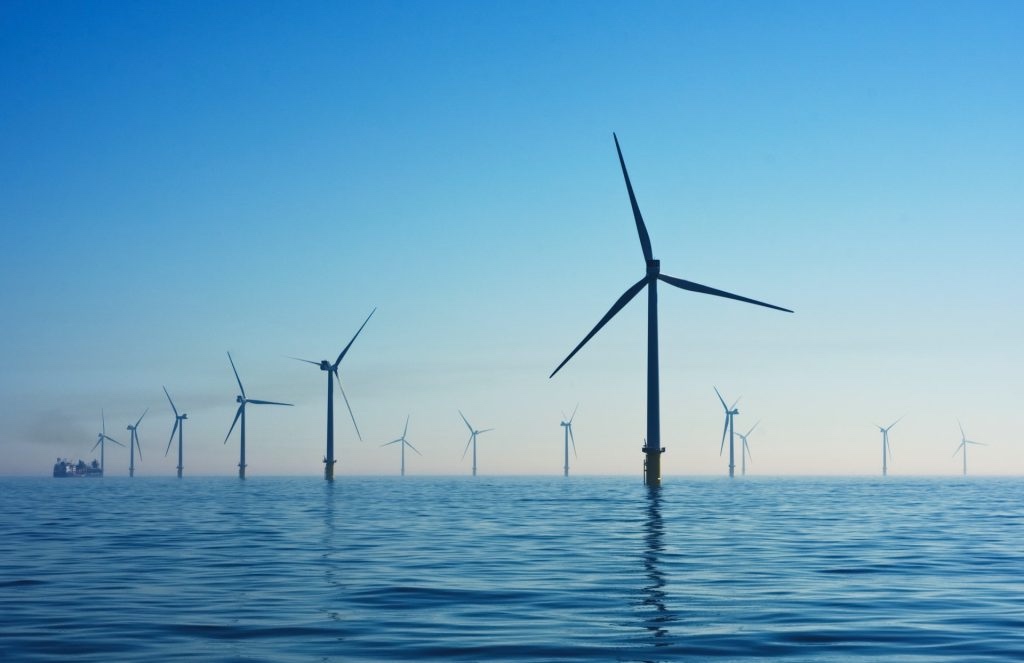On Friday March 18th, Belgium decided to postpone its nuclear phase-out, originally scheduled for 2025, by an additional ten years. “The federal government has decided to take the necessary measures to extend the life of the two most recent nuclear reactors by ten years,” Prime Minister Alexander De Croo wrote in a statement.
This extension will strengthen our country’s independence from fossil fuels in a turbulent geopolitical context.
Alexander De Croo, Belgium’s Prime Minister
The Belgian government’s strategy is to “extend by 10 years” the life of the nuclear reactors at Doel 4 (near the port of Antwerp) and Tihange 3 (near Liège), until 2035. Prime Minister De Croo also announced “a boost” in renewable energy via “additional investments” in offshore wind, hydrogen, solar energy and sustainable mobility.
The government will therefore have to negotiate with the operator of its two nuclear power plants (which have a total of seven reactors), the French group Engie. However, Engie has expressed strong reservations about this late change of heart by the Belgian government, in a statement issued in the evening.
The group said it will assist in this reflection, studying with the government the feasibility and conditions of implementation of the solutions considered at this stage.
“The decision to extend the Doel 4 and Tihange 3 power plants raises important safety, regulatory and implementation constraints, especially since this extension would take place at the same time as dismantling activities on neighboring units have begun,” Engie said.
“It thus presents a risk profile that exceeds, by its unpredictability and scale, the normal activity of a private operator. The selected scheme will have to allow a structural alignment of the interests of the stakeholders as well as an adequate sharing of risks and opportunities”, reads the statement by the French energy group.
For too long, our country has lacked vision. This has caused much uncertainty.
Alexander De Croo, Belgium’s Prime Minister
The promise of a gradual phase-out of nuclear energy has been enshrined in Belgian law since 2003. The Green party had made the nuclear phase-out in 2025 a condition for joining a politically fragile coalition of seven parties, which was painstakingly found in 2020, more than a year after inconclusive elections. But since Russia invaded Ukraine on February 24th, with energy prices soaring, the party has indicated it would be willing to consider an alternative scenario.
There have been massive protests against two older reactors – Tihange 2 and Doel 3 – in Germany and other neighboring countries since experts discovered thousands of tiny cracks in the reactors’ pressure vessels in 2012.
Europe is struggling to find ways to reduce its energy dependence on Russia, which supplies 40 percent of Europe’s gas needs, mainly to Germany, Italy and several central European countries.













